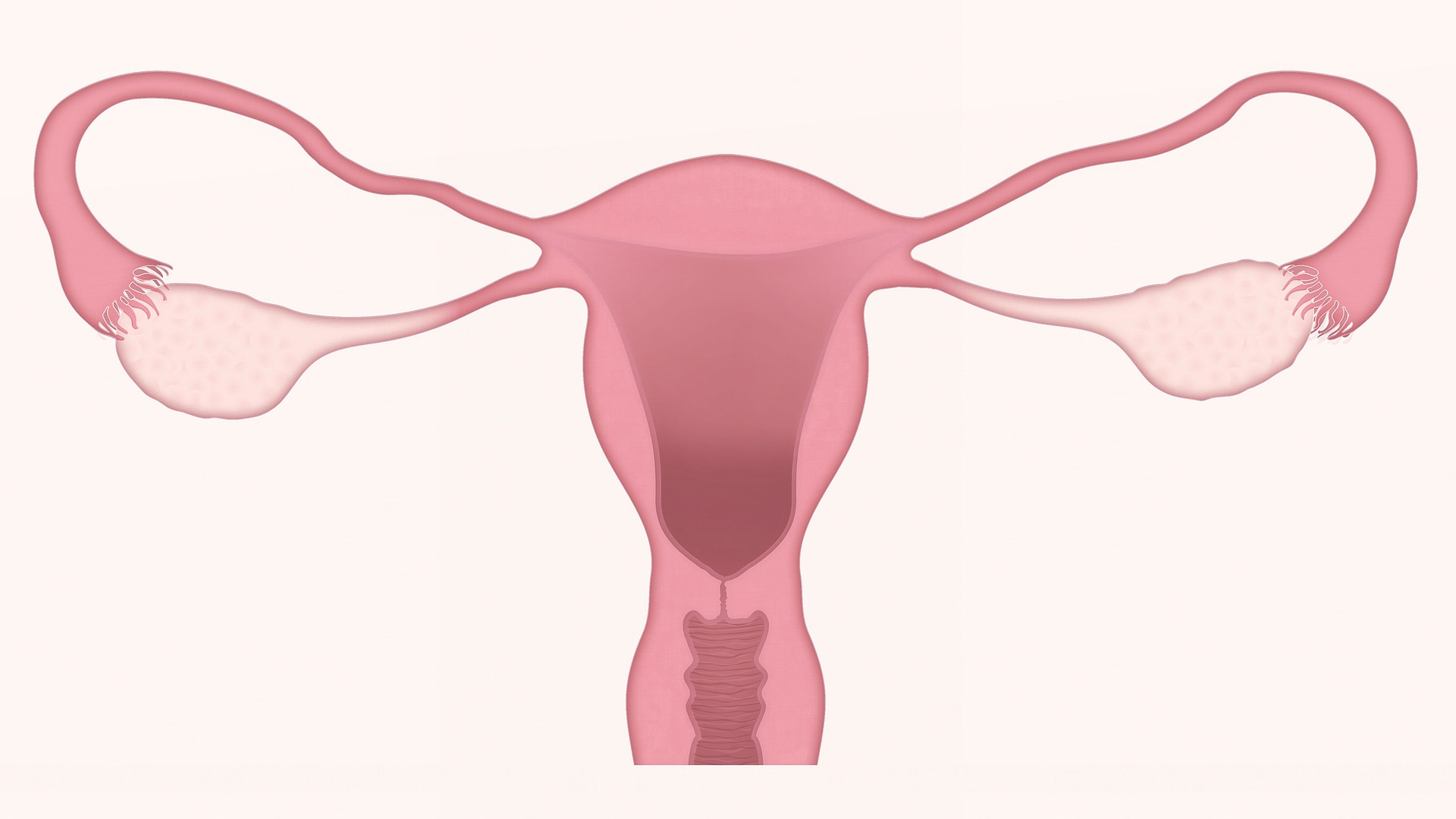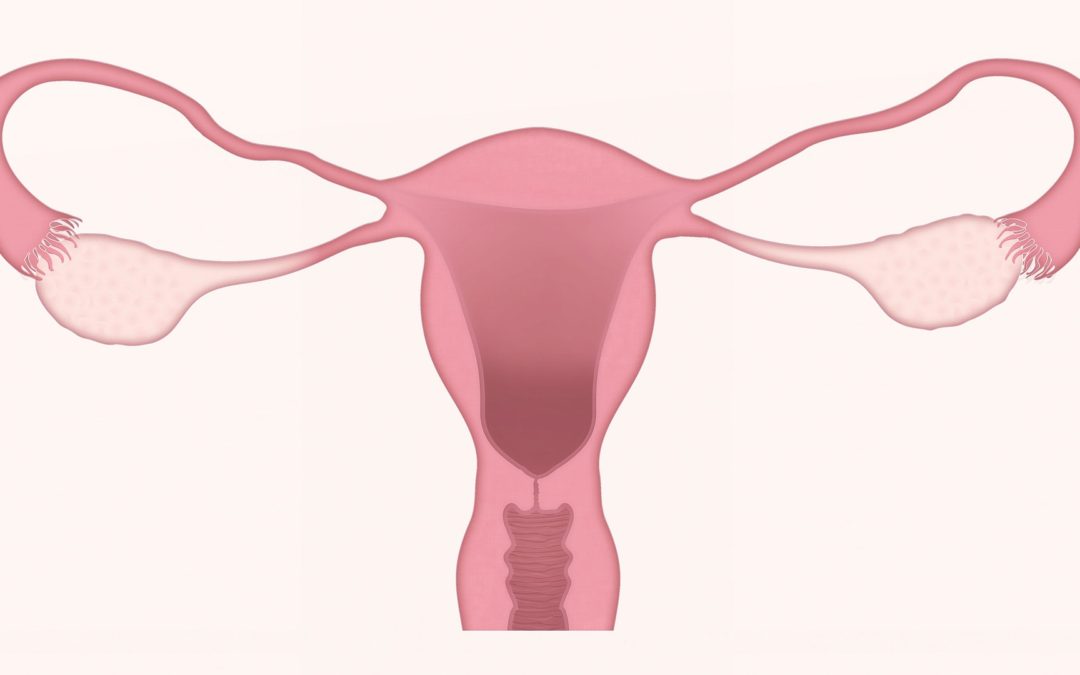There! I finally said it! I had been contemplating on writing this article for some time now. Coming from my cultural background where going through menstruating period is termed as being “untouchable.” Restrictions could be as sever as living in a shed outside the house to not entering the kitchen and not offering prayers at home or in temples. I, for one has never felt like talking about “this particular topic”, because it is a cultural stigma. There are many cultural variations and variations in the severity of “untouchability” depend across sub-cultures and the regions. There is in fact a festival, Rishi Panchami, that “allows” women to “wash all their sins that they may have amassed from touching what they should not have during their menstrual cycles throughout the year.” Marriages are postponed; women swallow pills after pills to push back their periods during important festivals; women are refrained from attending or being a part of the many cultural festivities, and the whole family and even the neighborhood (depending upon the social ties and the flow of neighbors and relatives to one’s house) are informed of the woman menstruating and they remain vigilant to purify themselves after their encounter with the woman; the list can possibly go on and on. The irony is that women have embodied this stigma as part of their religion and follow it religiously.
Why did I feel the need to talk about it now besides the obvious reason that I now have a weblog to write about “stuff” that I feel like writing about?
I have always been a rebel when it came to this cultural stigma, a rebel who believes that the phenomenon that gives women the power to give birth is not and should not be something to be looked down upon or for them to be discriminated against. However, I am a quiet rebel, the one who tries to defect when she can, protesting meekly, and going along at times. It is perhaps because of the prevalence of the “untouchability” stigma, perhaps speaking out would seem like a travesty, and perhaps speaking will hinder any of the social roles that I want to continue with. Acting against the norm, especially when it comes to the beliefs and your identity (in a way) is always a tough decision.
So what changed? With education, with some grey haired wisdom, and with much contemplation, I started feeling the responsibility to speak out for what you believe in growing stronger. And then this article by Garima Kushwaha began circulating on facebook. As I shared it on my facebook page with these comments:
Till women feel or are made to feel like untouchables four days every month, claiming that men and women are equal is pure hypocritical.
I felt someone had spoken out for me and then another article, this one by Mythri started circulating on facebook which educated me on some things and made me look for more. I would have never known that menstrual blood was ever regarded as powerful and sacred. I would have never known early education could have helped me when I reached puberty.
While I cannot speak on behalf of other cultures and their practices, the stigma seems to cross borders and cultures. I do not intend to put the blame on any one person or even a society. There are many issue that have to be brought up, talked about, and decisions made. For any issue to gain importance, it has to be a talking point, it has to become a subject of discussion. A taboo that impacts women but are “best to keep it a secret” to most men, has to find its space and its voice.
The quiet rebellion no longer has to remain a rebellion or needs to conform to the taboos. If I can add a spark to this issue then I will.
Sources:
http://menstrupedia.com/blog/what-we-want-is-a-bleeding-girl/
https://mythrispeaks.wordpress.com/2014/03/26/menstrual-taboos-and-ancient-wisdom/
https://mythrispeaks.wordpress.com/2014/11/18/in-search-of-the-menstruating-goddess/
http://www.huffingtonpost.com/2012/10/23/a-year-of-biblical-womanhood_n_2006184.html
http://dwindlinginunbelief.blogspot.com/2007/01/bible-and-quran-agree-stay-away-from.html






So fascinated by the article . I cannot agree more on the powerful statement of yours ” Till women are made to feel like untouchables four days every month, claiming that men and women are equal is pure hypocritical”. I do not agree on the first three words of the statement ‘ till women feel’. It is not that women feel , they are made feel by patriarchal socialization, by religion, rituals and even by biased education. Thus, we need to raise our children in an non-patriarchal way. From children’s rights and human rights perspectives it is sheer violation of rights of human.
I’m raising this issue as a gross gender -based violation of rights of women and girls.
Last year I did a study/research on ” Chhuapadi practices in the Mid and the Far Western regions of Nepal for Save the Children. My finding is – Isolating and , excluding women during menstruation and child-birth as untouchables/ pollution is practiced all over the country and across the castes, class and creed, geography in Nepal. However, degree and severity differs. In mid- and far women are discriminated against by isolating them either in Chhaupadi goth or cattle shed. Only small percentage of the families let their women stay inside house. In urban areas, even in kathmandu Chhaupdi-like system are practiced widely even by medical people, scientists, and so called educated people in the name of tradition and culture.
Women are isolated not only during menstruation but even in post postpartum period- putting mother and newborn babies and younger children’s life at risk.
You are very right. It needs to talk out as loudly as possible to revel the truth that it is the biological natural process.
Sudhi if you want to read this report ( yet to be edited) with pictures of chhaupadi I will send to you by email.
After all you took gene of rebelliousness from me too to transform the lives of women in Nepal.
Thank you so much Shanta Phuphu for your comments. I would definitely love to read that report.
I also wanted to clarify why I used “Till women feel” in that sentence because that was intentional. The practice or the taboo has been in place for so long and lived through generations and it has become a way of life for many women. I do think most if not all girls who reach their puberty may feel rebellious about this concept and have so many questions. But for many, this taboo slowly becomes a part of them because this taboo is so deeply intertwined with the very religion they have been brought up in. Who in their right mind would want to upset gods and bring misfortute to their lives and the lives of their loved ones. Also, we have such a tight knit society which we are proud of and has so many benefits, who would want to rebel and enter that temple or sit in the puja when the elders would ask them to leave the room or the house even till the puja was completed. This fear of the unknown and the fear and respect for elders’ orders, I think is the key why many end up embodying or internalizing this taboo. I say this with so much conviction because While I call myself a rebel, these thoughts and fears have crossed me many times. While now, I am at peace with my god(s), the cultural stigma of what would others think and say and so on still makes me a silent observer and sometimes a reluctant conformer.
Sudiksha what a great article……loved it ….. Same things go through my head everyday but I do salute you, you have enough courage to write about it.
Hi Smita,
Thank you for reading my post and liking it. Leaving a reply is already a bold step. Like I said it took me until I had grey hairs to finally write about it. This was not easy at all but these words kept circling me and I had to put them down.
Great Article that touches my heart.
Thank you